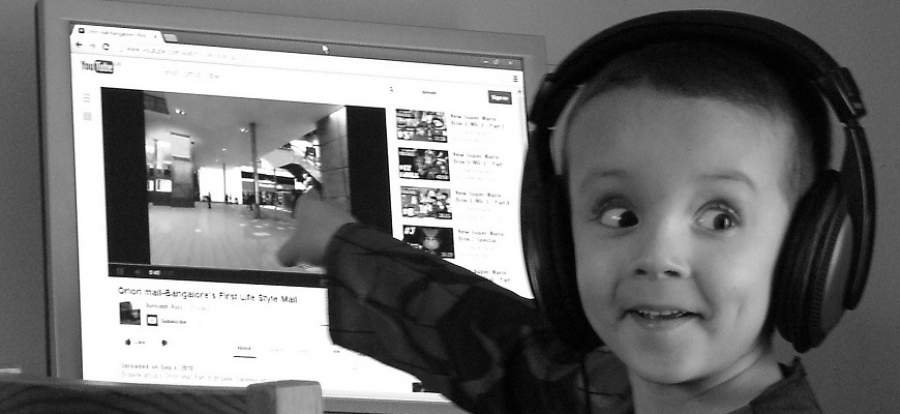Here, Edarabia.com founder Farid Gasim shares some of his most anticipated edtech trends to watch out for 2018, based on extensive experience in serving the Middle East education industry:
1. Adaptive learning through artificial intelligence
A crucial challenge in the classroom learning is engaging learners of different abilities. Adaptive learning has the potential to solve this challenge. It uses machine learning to help personalise the presentation of learning materials based on each student’s learning speed, problem areas, and interests. This is an important tool to ensure learning is uniform among all types of learners.
Natural processing and speech recognition technologies are also becoming huge trends. Chatbots or conversational programmes will also see continuous development and use in different services such as tutoring.
2. Virtual and augmented reality (VR and AR)
This trend was hugely popular in 2017. VR allows users to be immersed in a virtual environment. This technology is ideal for providing learners with life-like and interactive experiences in subjects like History and Chemistry.
Meanwhile, AR is used to present an enhanced version of reality. Some elements of the physical or real-world environment are augmented with digital learning experiences. Both AR and VR technologies are superb for supporting teachers and helping learners interact with digital learning objects.
3. Learning Analytics
The shift from big data to little data has provided key insights into the way students learn. As analysed by intelligent systems, it has become an important source of information for educators in terms of decision-making. This data can unlock new potential for personalisation of tools and content.
Through incorporating the right information-capture mechanisms and real-time insights, schools can now enhance teaching and learning with learning management systems (LMS). This data-driven approach will grow stronger in other areas, such as careers guidance. This edtech won’t limit itself to students and teachers; it will provide detailed learning analytics for students, teachers and also the parents.
4. Online assessments
Technology-facilitated assessments will also be a huge hit this year. It features a shift from the core of learning process - fixed-in-point, summative assessments - to a more continuous and adaptive formative assessments.
These online assessment solutions are more customisable, interactive, secure, and quick to deliver. They can work on multiple platforms, such as mobile, and have detailed interactive dashboards that can analyse performance from various aspects of learning.
The best feature is the ability to store historical assessment data and compare progress over time. This tool can be used to identify a trend and draw inferences on students’ progress. Online testing also has positive benefits. You can conduct testing anytime, proctor remotely, and integrate real-time, audio/video integration towards a more personalised testing.
Heading into 2018
In conclusion, 2018 promises to be an interesting year for education, with edtech further disrupting traditional methods and pedagogies. Central to its success and longevity will be the seamless integration with print and classroom practices, along with a hopefully wider acceptance by stakeholders.
In this fast-evolving world of edtech, it is crucial not to forget that the needs of teachers are also evolving. Teacher training programmes offered online, offline or as a combination, are the best solutions to help educators. After all, educators play a pivotal role in applying these new tools and strategies, as well as breeding new learners.
To find out more about Farid and Edarabia’s work, visit www.Edarabia.com.
Want to receive cutting-edge insights from leading educators each week? Sign up to our Community Update and be part of the action!


















